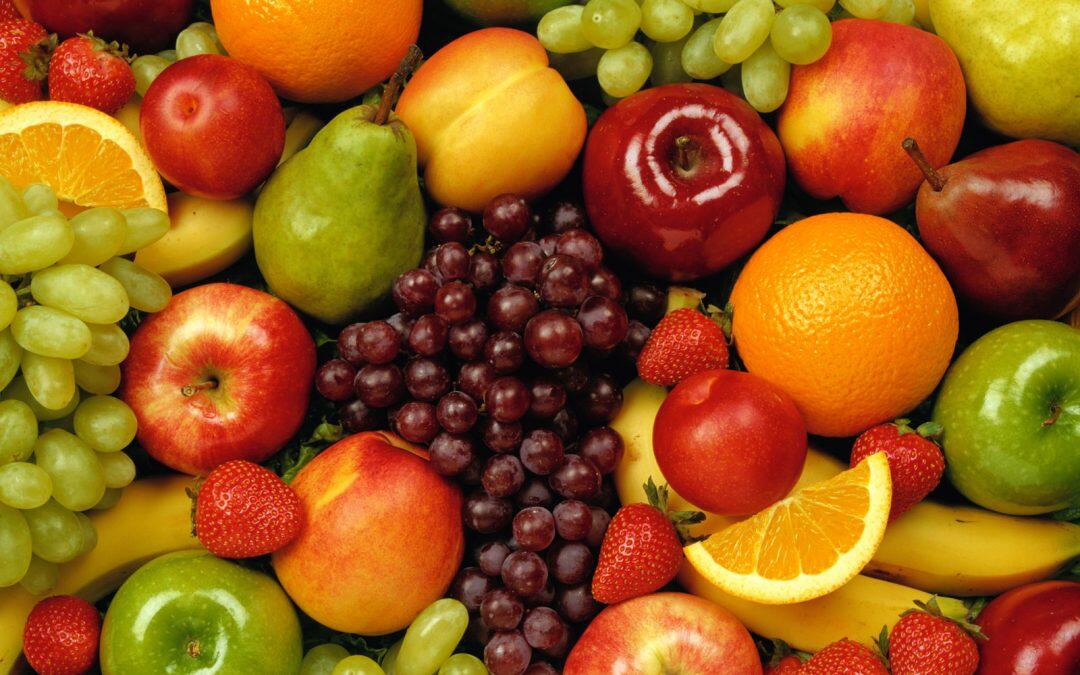Increasing temperatures, water scarcity, availability of agricultural land, biodiversity loss and climate change threaten to reverse health gains seen over the last century. Improved understanding of the links between health and environmental change, and potential adaption strategies will be important in order to safeguard human health and the health of the planet on which we depend.
By 2050, the world is estimated to need an increase of 70% in food availability. In the inaugural issue of The Lancet Planetary Health, two new studies look at the challenge of sustainable food production – from healthy dietary changes to reduce water use and cut emissions, to global maps linking farm size and nutrient production.
A third study looks at the effect of drought on human health in western USA. Climate change is expected to increase the severity and frequency of droughts, but so far, little has been known about the direct effects on health.
The Lancet Planetary Health: Feeding 1.64 billion by 2050: how small dietary changes could improve health, reduce water use and cut emissions
Modifying diets by a few grams per day according to the composition of vegetables, fruit and meat could significantly reduce groundwater use in India, and help the country meet the challenge of feeding 1.64 billion people by 2050, according to a new study published in the first issue of The Lancet Planetary Health.
Overall, the changes to diets included reducing the consumption of wheat and poultry, increasing the consumption of vegetables and legumes, and switching to fruits like melon, oranges and papaya with lower water requirements in production. Not only could these changes help reduce groundwater use, they could also cut greenhouses gases and have a positive effect on health.
The multiple benefits – across human and environmental health – highlight the potential importance of dietary change as a means for tackling planetary health challenges.
In many parts of the world, freshwater sources are being depleted faster than they can be replenished and, under climate change, rainfall is likely to become increasingly unpredictable. As water availability declines and population increases, food systems around the world are put under significant pressure.
Previous studies have looked at the impact of diets, especially red meat, on greenhouse gases. But, the study published today demonstrates how diets could be optimised to improve both human and environmental health, and play an important part in developing resilient food systems.
The study looked specifically at India, where approximately half of the usable water is currently required for irrigation. The population of India is predicted to rise to 1.64 billion people by 2050, and in order to ensure enough freshwater is available, water use will need to be reduced by a third.
In this study, researchers looked at five typical dietary patterns in India and modelled how they could be optimised to reduce groundwater use, while meeting nutritional standards and maintaining overall energy intake. They also modelled the effect of these changes to human health and greenhouse gas emissions.
They found that modifying the average diet to increase fruit consumption by 51.5g per day and vegetable consumption by 17.5g per day, along with a reduction in the consumption of poultry of 6.8g per day could lead to a 30% reduction in freshwater use and a 13% reduction in dietary greenhouse gas emissions.
Dr James Milner, lead author from the London School of Hygiene & Tropical Medicine, UK, said:
Food systems worldwide are likely to face increasing pressure as populations increase and water availability declines. In India, the proportion of freshwater available for agricultural production may already be unsustainably high and water availability per person is likely to decline significantly over the coming decades. Our study is the first to investigate the potential of changing diets as a solution to decreasing freshwater availability and finds modest dietary changes could help meet the challenge of developing a resilient food system in the country.
Source: http://bit.ly/2odc0Sn











